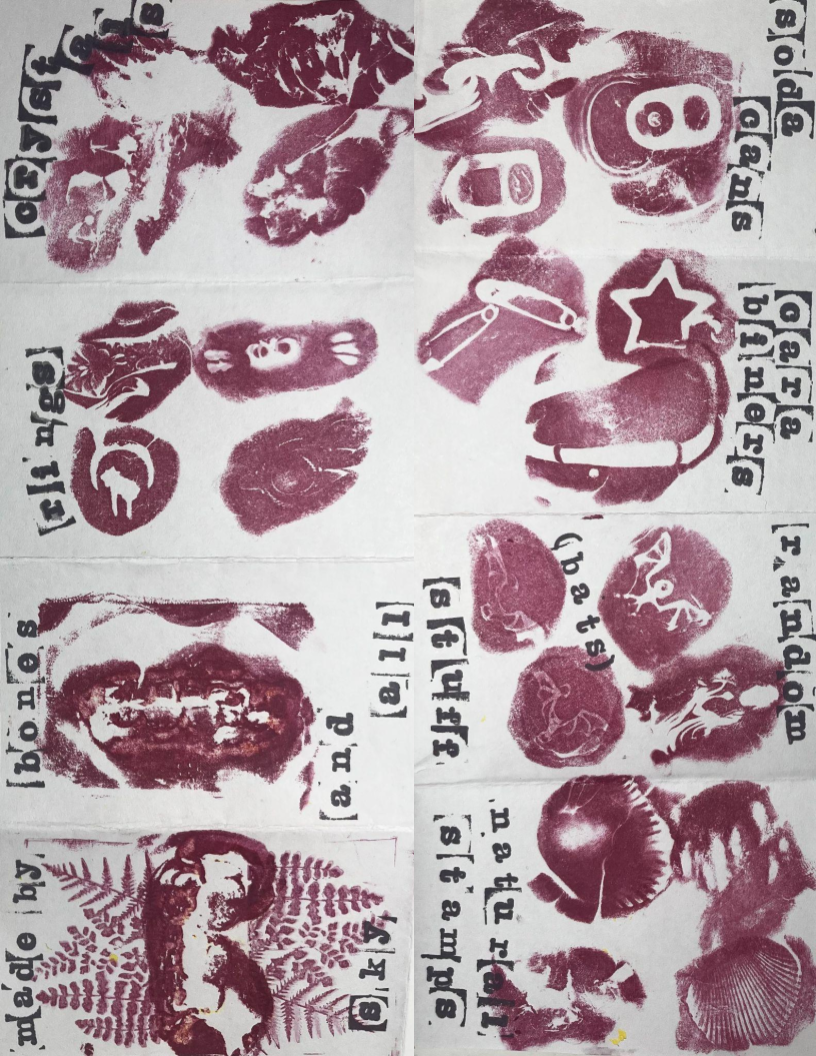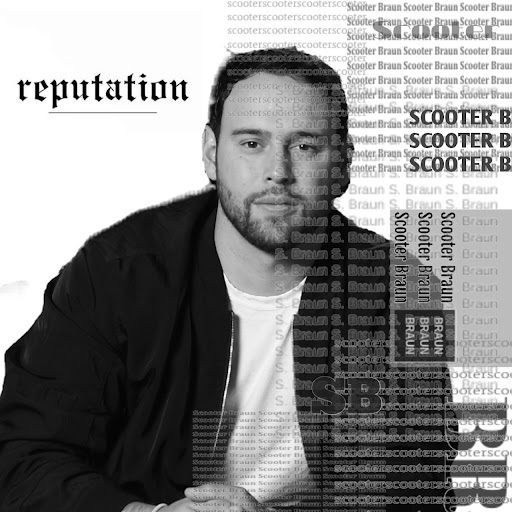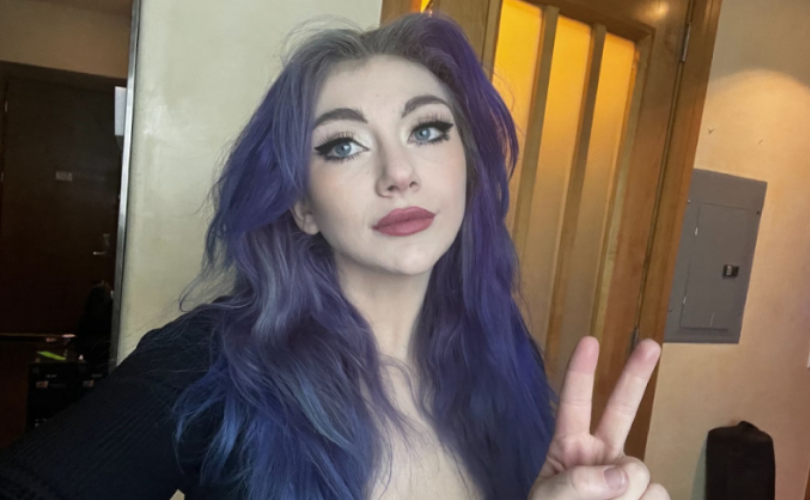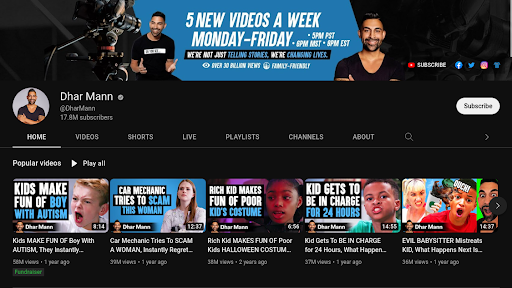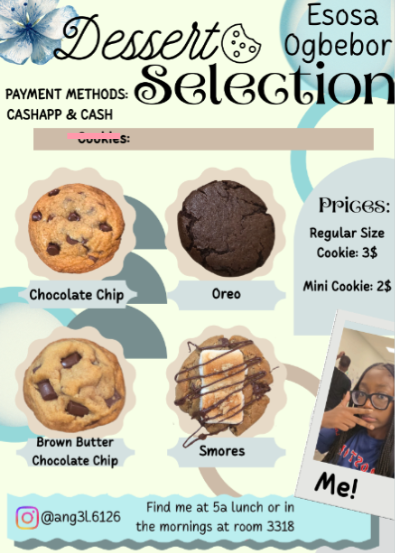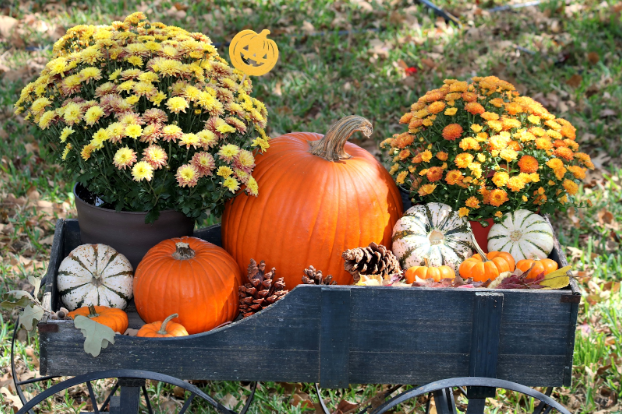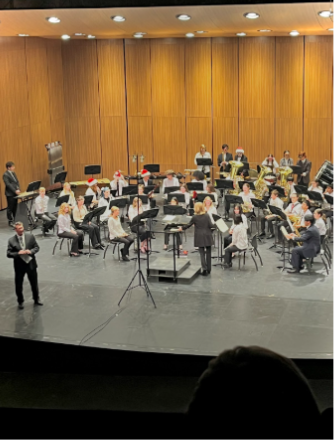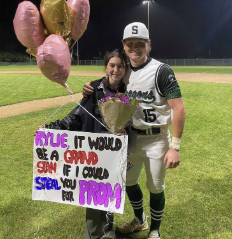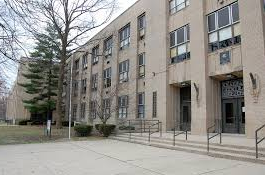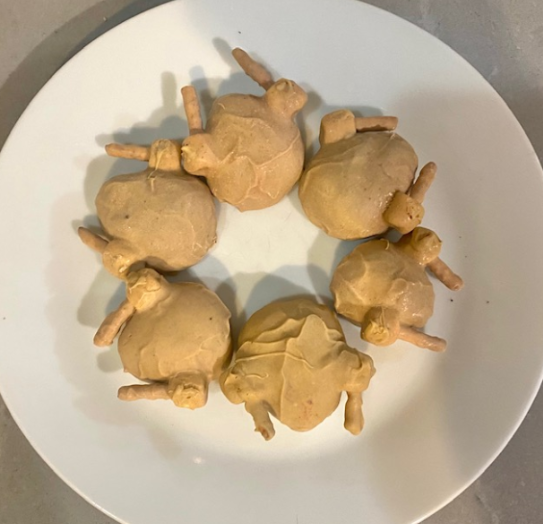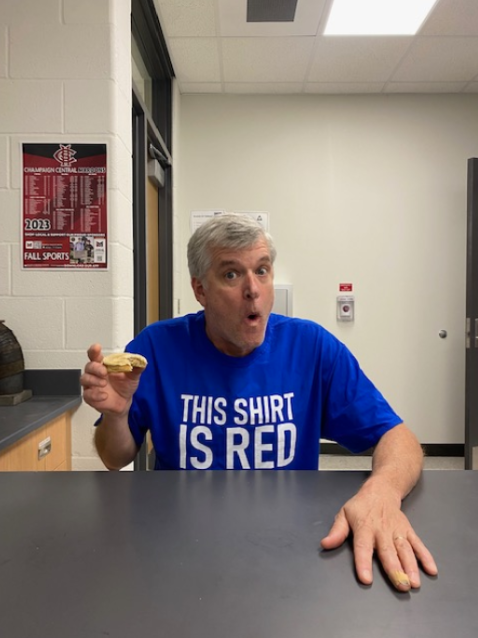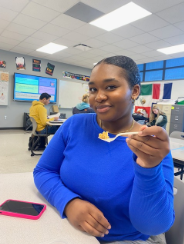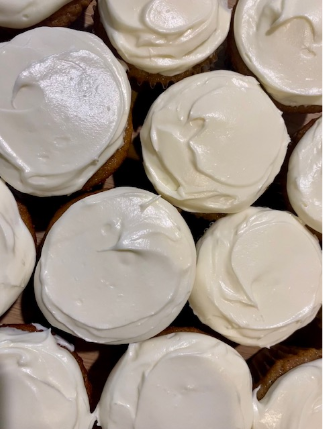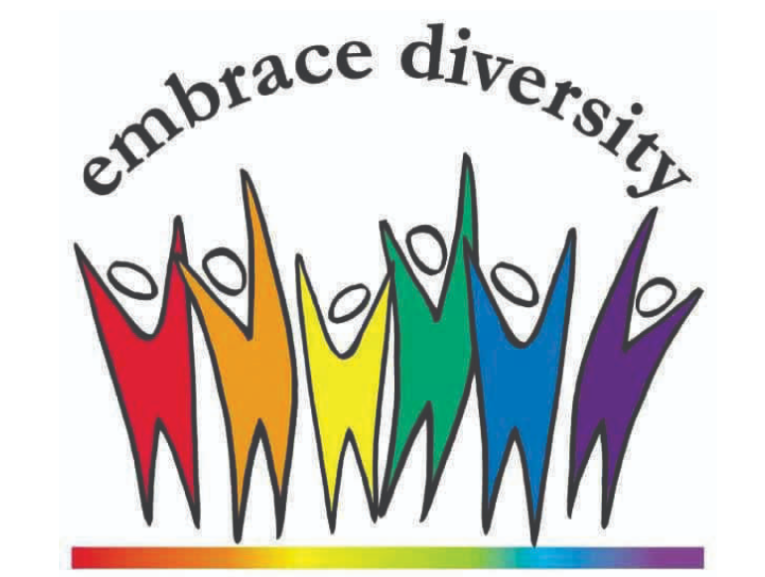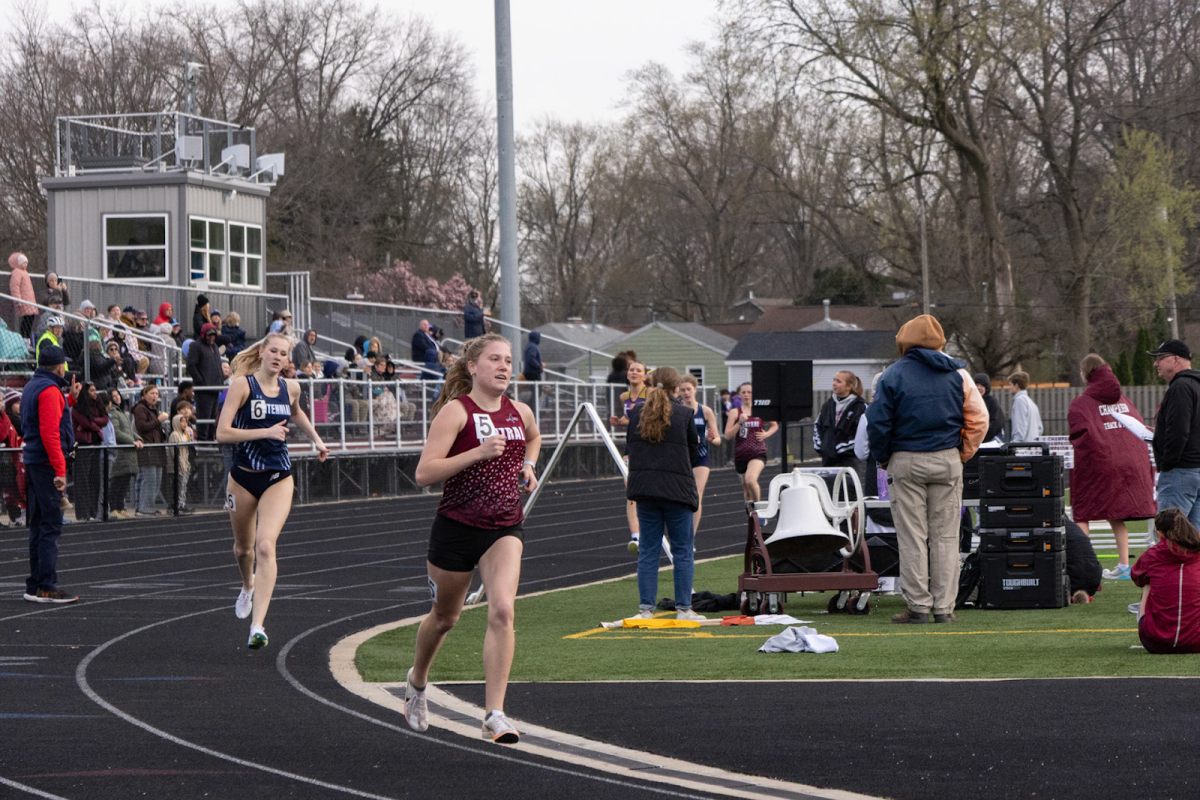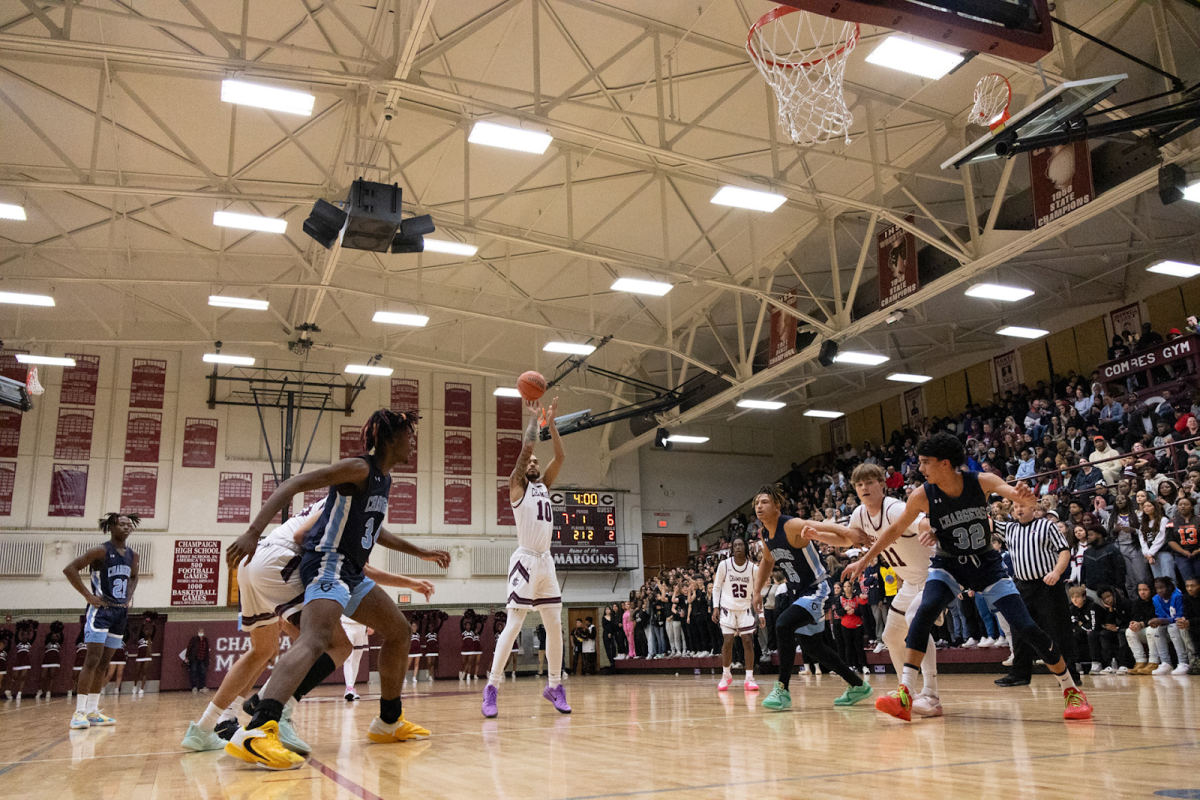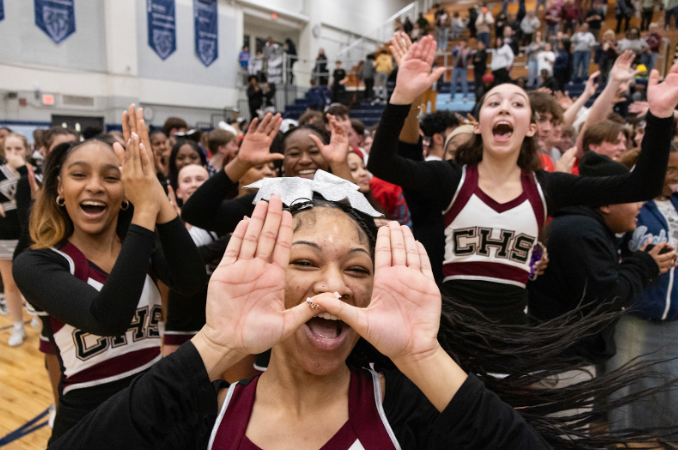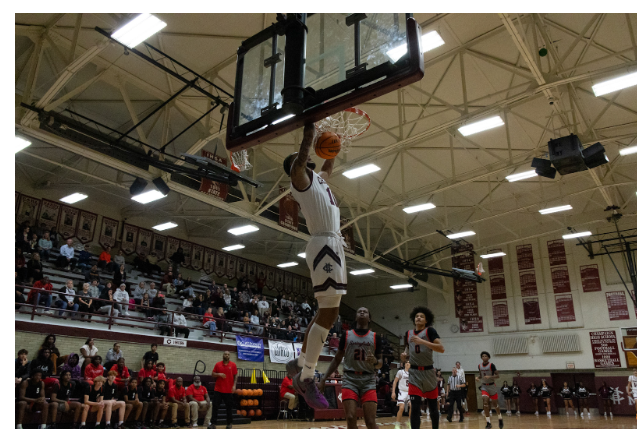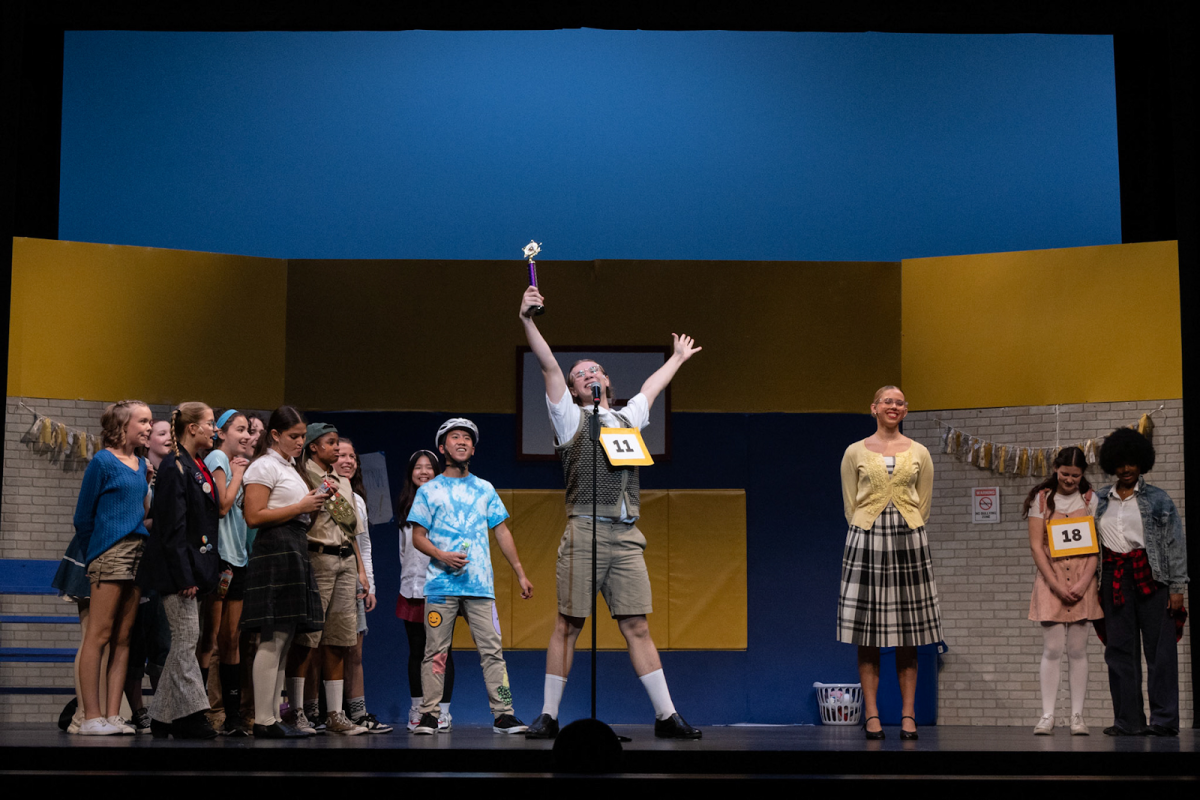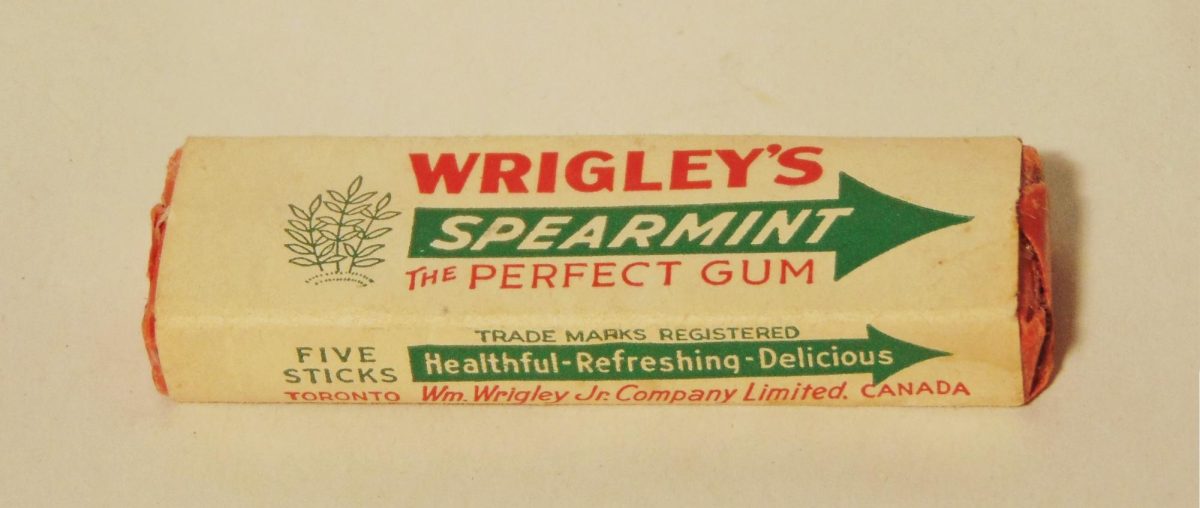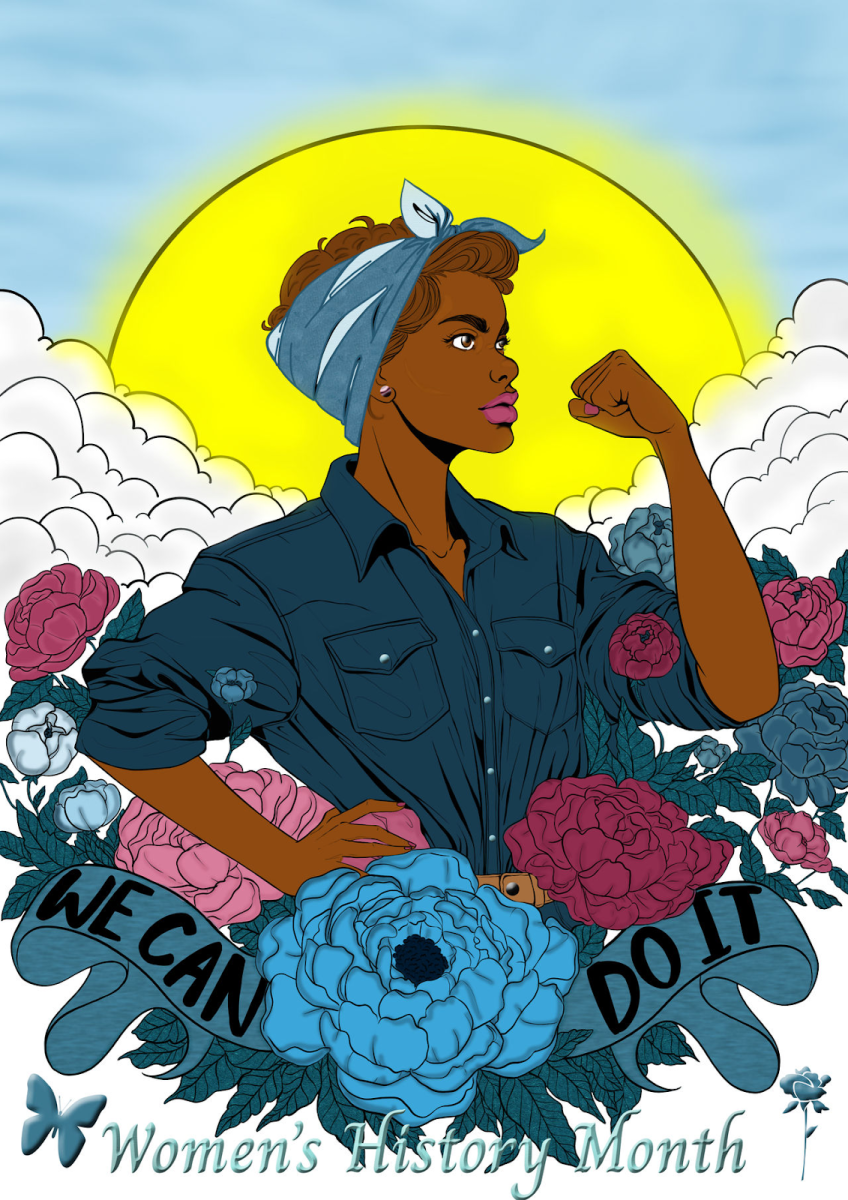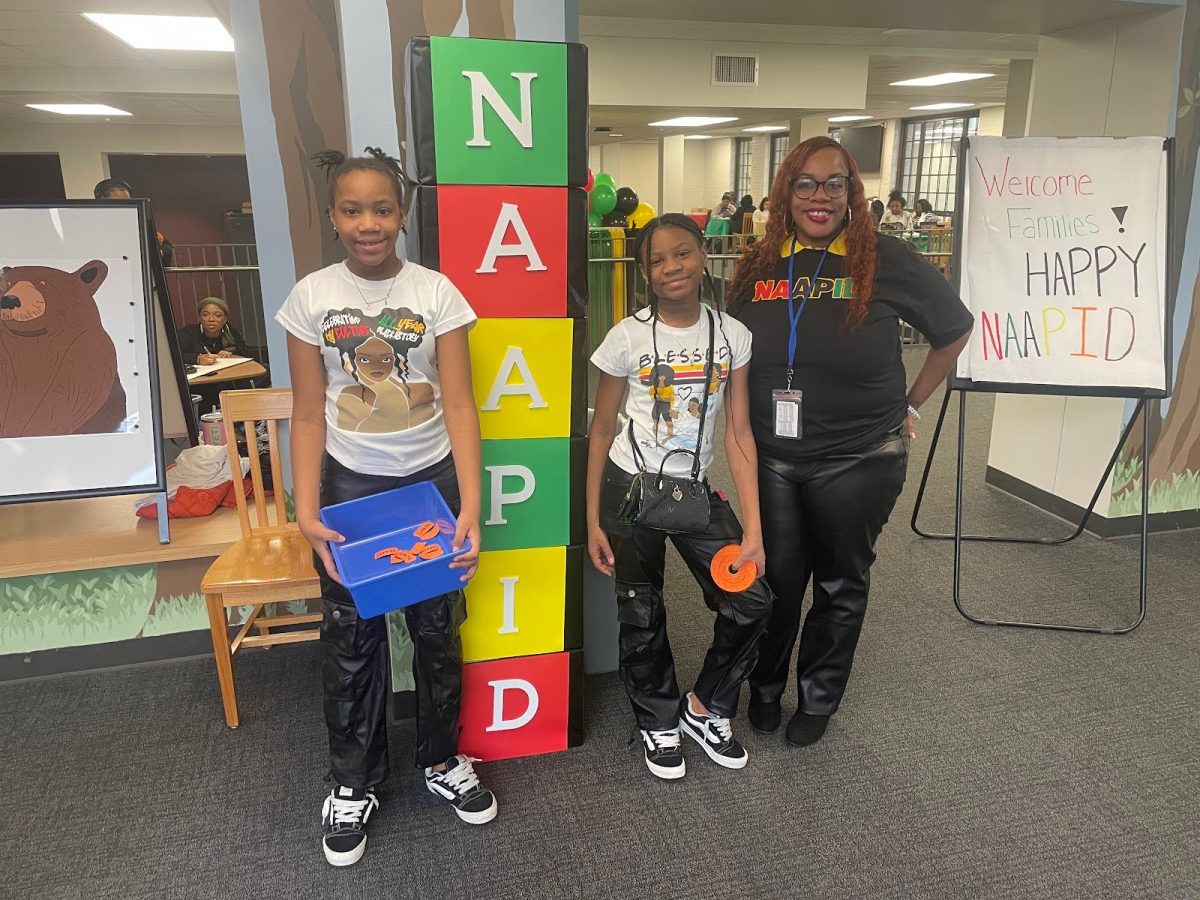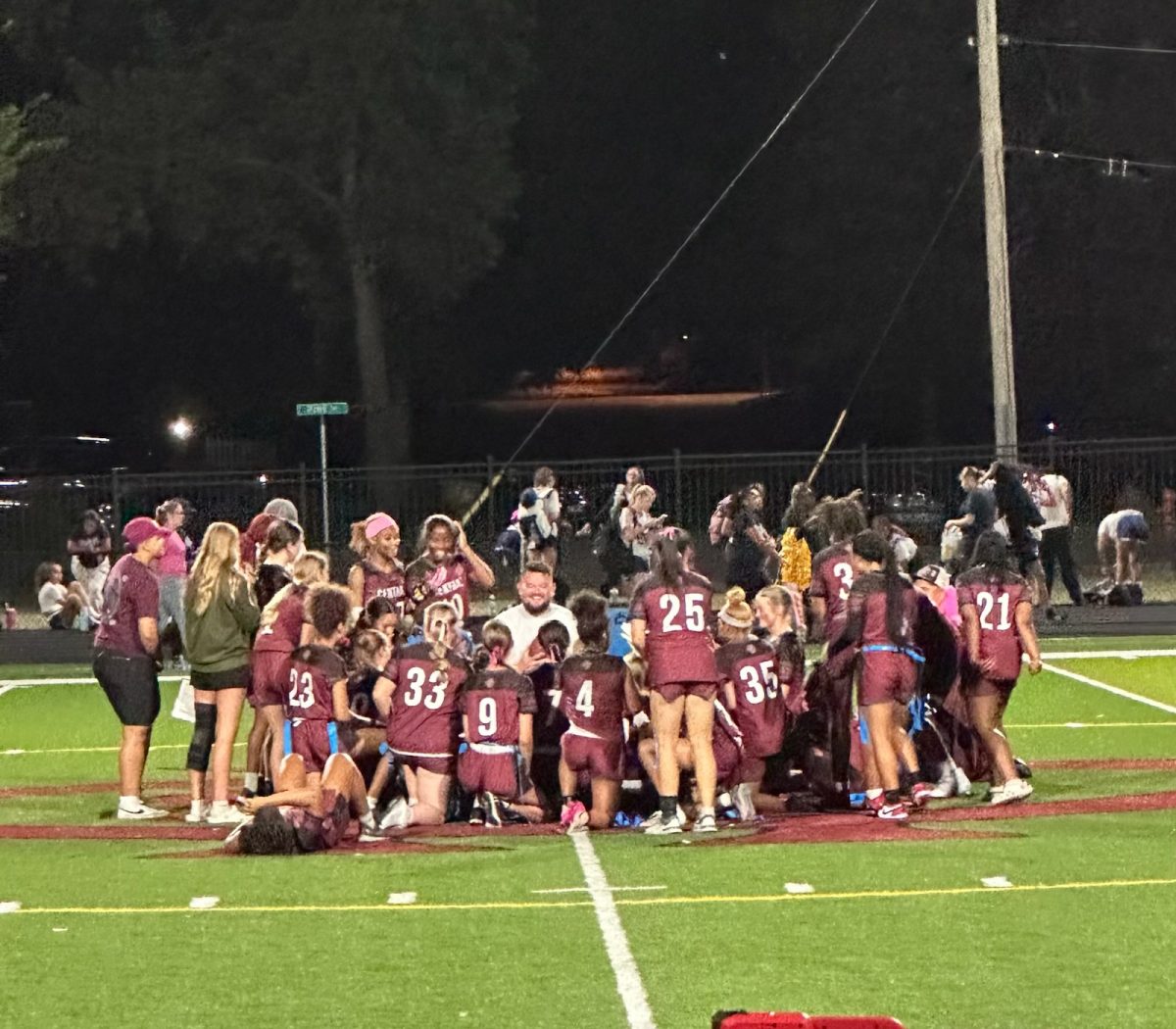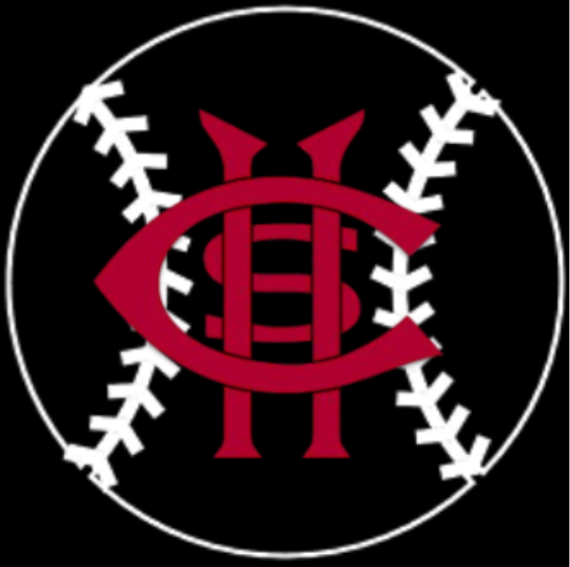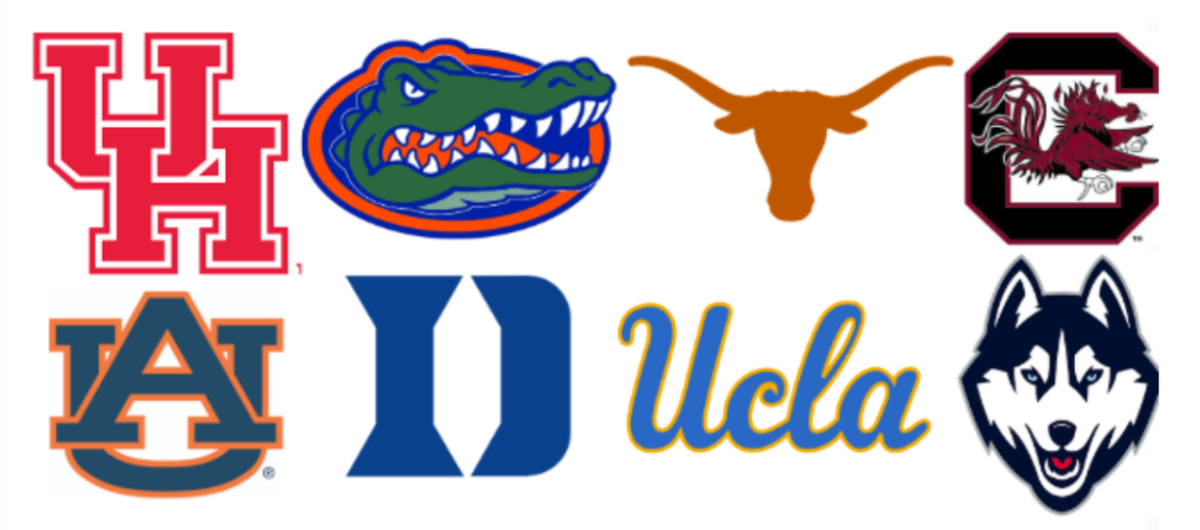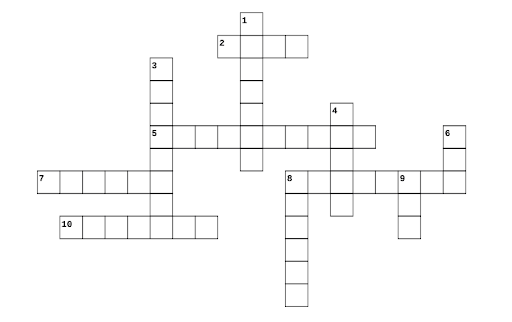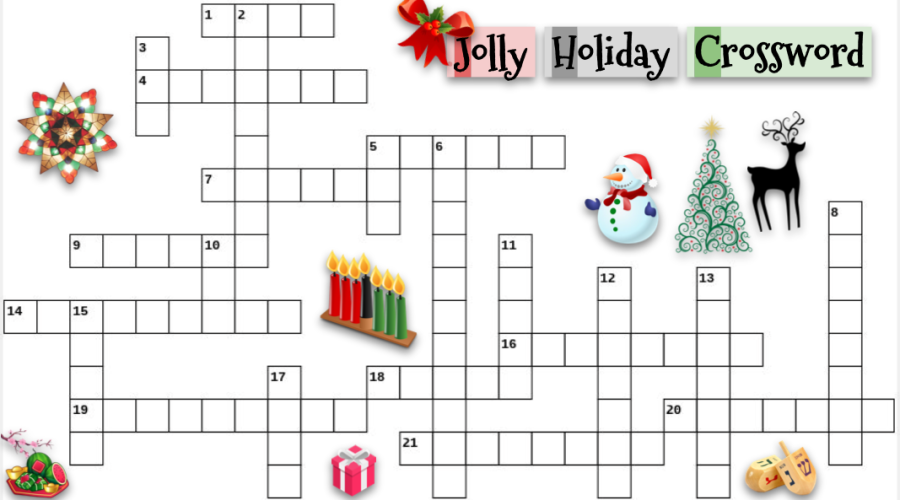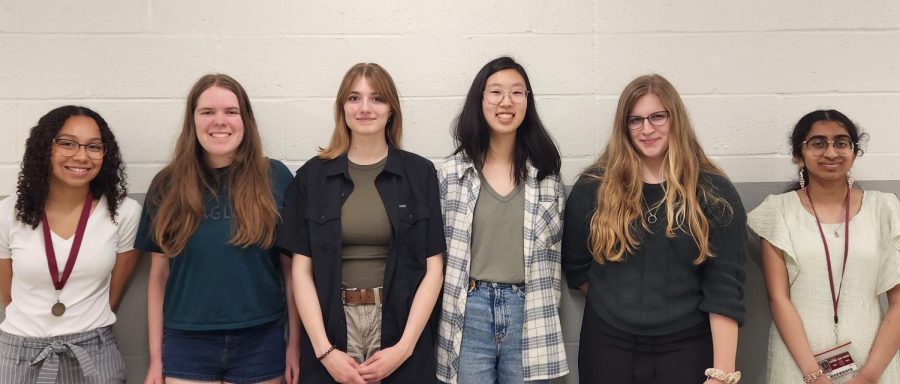With the end of the school year drawing to a close, so does the high school careers of the Central Chronicle Newspaper’s senior editors. This year, Chloe Flynn, Jack Levitan, Adam Edwards, and Charlotte Heads look forward to graduating and venturing into the world of adulthood. Each one has dedicated their time to the Chronicle and the tenets of journalism, and leaves Central High School with fond memories and bits of advice for the younger editors.
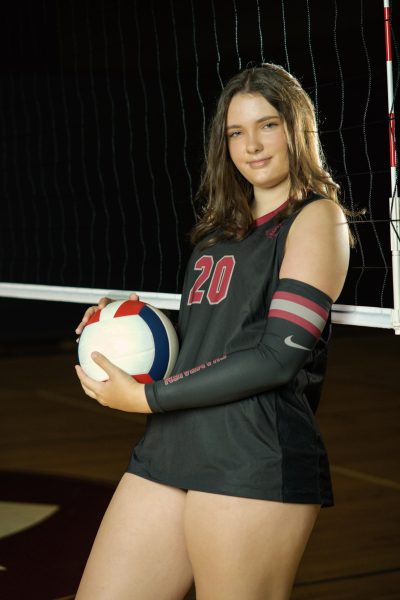
Chloe Flynn
Chloe first joined the Chronicle as a staff member in the journalism class. She always had a huge passion for writing and hoped to develop her skills as she began her high school career. But as a freshman, she was “an extremely shy person. Apart from one other person in the class,” she didn’t talk to anyone in the class, she says. That quickly changed when she retook the class as a sophomore, where the class environment changed.
I began teaching the class in 2021, the same year Chloe took it as a sophomore. I was a bit terrified, to say the least, as I hadn’t had any formal education in journalism. But Chloe said, “It felt like a family, we just talked to everyone else,” with “we” being the nineteen other students in the class. The students flourished amongst themselves, creating a class playlist and group chat with each other. Chloe found her place within the Chronicle with the help of more experienced editors such as Samaira Sandil and Julia Hopkins, who graduated last year.
It came as no surprise, then, that Chloe wanted to join the Chronicle in a more official capacity. She adapted to her new role as news editor, much like her mother did when she was in high school. “She actually used to work for her old school newspaper,” Chloe said, recalling her mother explaining what a journalism class was. Since then, Chloe has worked more personally with staff members, providing vital feedback to staff and editors, and learning that communication is essential to keeping the Chronicle running.
While Chloe plans on attending the University of Nebraska, studying fishery and wildlife, she still believes that she can apply the skills she’s learned from the Chronicle to her higher education. “I would really like to write research papers and possibly upload them to local news websites. I really would like to work with local news, but less on current events and more on scientific stuff,” she explained.
When asked if she had one last piece of advice for the Chronicle’s future editors, she hopes they stay a “community.” It’s a sentiment she’s expressed often during her time as an editor. “It’s a lot easier and there’s more room to breathe. Regardless of if you don’t like each other, you’re all talking to each other and helping each other out and taking loads off someone else if they’re having a rough time,” she said. Chloe’s advice for the Chronicle is positive, but mindful: “Make sure other people feel welcome.”
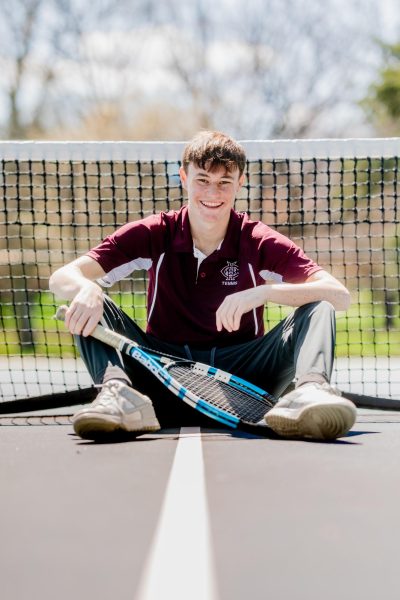
Jack Levitan
If one were to look at the 2023-2024 Article Tracker, a spreadsheet dedicated to tracking the status of articles, they would see that almost every article Jack Levitan wrote that year was somehow tied to sports. The Big Push for McKinley Field, NFL Mid-Season Recap, Tom Brady Retires… Again. When asked what hypothetical article he would write for the newspaper, he answered, “Probably people going to college for sports. I don’t know that we’ve really done that. It gives light to people who’ve excelled at being both students and athletes, and doing that at the next level.”
The sports section has conventionally been a small one, but when Jack took the class in his sophomore year, one could bet that he would be writing a sports article. However, when he turned in his editor application, there was already a sports editor, so he joined as an opinions editor. This was short lived, however, as the sports editor at the time left halfway through the year, and Jack filled the role.
Jack’s interest in journalism stemmed from one that all people should share: “I joined because I thought writing for the paper would be cool,” Jack said. “So I joined the class in my sophomore year. That was the first time I had written anything newspaper-y.” Like Chloe, he enjoyed writing in English, but wasn’t a huge fan of the reading aspect, especially if he didn’t get to choose what he read. Despite the importance of classic literature, books written several decades or even centuries ago weren’t the most interesting to write about. The ability to choose what to write about is what appealed to Jack in the first place.
Jack remembers his time in journalism as “a fun class. You weren’t necessarily being lectured at the whole period, which was nice.” But I can’t take all the credit. When students initially learn the essentials of journalism, it can feel overwhelming. Once they learn the basics, the class transitions into a cyclical period of brainstorming, drafting, and eventually publishing their writing. This period can seem a bit boring if you’re used to doing something different, but Jack said that the “people in the class made it fun too. Everyone had that outgoing personality,” which helped create the enjoyable atmosphere.
Once he graduates, Jack looks forward to exploring the new realm of college and adult life at Indiana University, where he will be studying marketing. He anticipates that it’ll take some time getting used to his longer classes as opposed to an eight-hour school day, though he doesn’t see himself having difficulty with earlier classes. He leaves future Central editors with some simple but essential advice: be patient. He says it’s hard to balance one’s school work alongside extracurricular activities, but editors aren’t the only ones doing so. Staff members may be unfamiliar with the consistent deadlines, so they may need extensions or forget to turn in a draft. “When their writing isn’t on time, it can be hard when you want to edit it all, but the person doesn’t submit it, and you have to contact them. You just have to have patience,” he explained, admitting that he has been both the one waiting and the one being waited on.
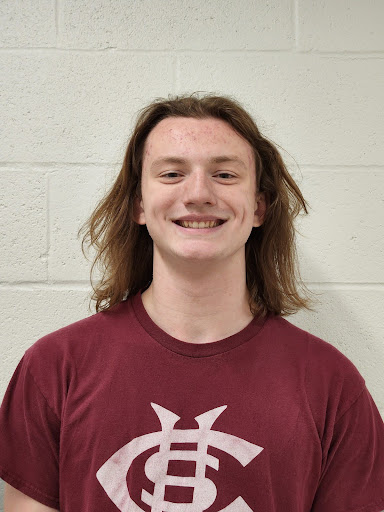
Adam joined the Chronicle in an unconventional way. When the sports editor left halfway through the year, Jack filled the role, and the Chronicle was left missing an opinions editor. I had noticed Adam’s affinity for formal, factual writing, and immediately suggested that he could be our new opinions editor. The managing editor and editor-in-chief agreed, and so began Adam’s role as an editor.
His first publishing cycle as the opinions editor was one of his most favorite moments, despite him describing it as “chaotic.” But he learned how to be flexible, and he learned that writing and editing weren’t the easiest things in the world. His time as an editor further solidified his choice to study it in college.
Many may know that one of Adam’s hobbies is photography, and his portfolio can be found at https://adame.myportfolio.com, and it displays Adam’s talent front and center. His subjects stand sharp and crisp, caught in candid moments at a concert or a protest. What he describes as a hobby has led him to solidify what he wants to do in his future, though he only really figured that out as a junior; as a freshman, he had no idea what he’d be studying after high school. By the time he took journalism his junior year, he immediately realized that it was what he wanted to do for his future. “And I’ve stuck with it ever since,” he said. “I took photography my sophomore year, thinking that I’d probably want to do something in one of those two fields.”
While he studies journalism at the University of Illinois, Urbana-Champaign, Adam doesn’t think he’ll focus on one specific area of the field. Photojournalism, broadcasting, writing, he’s open to every possibility. It’s no wonder that someone pursuing journalism in higher education would tell the future editors of the Chronicle to “make sure that people are putting their best writing out.” Even a school newspaper has standards, and editors need to work with the staff members to make sure that their work is something they can be proud of.
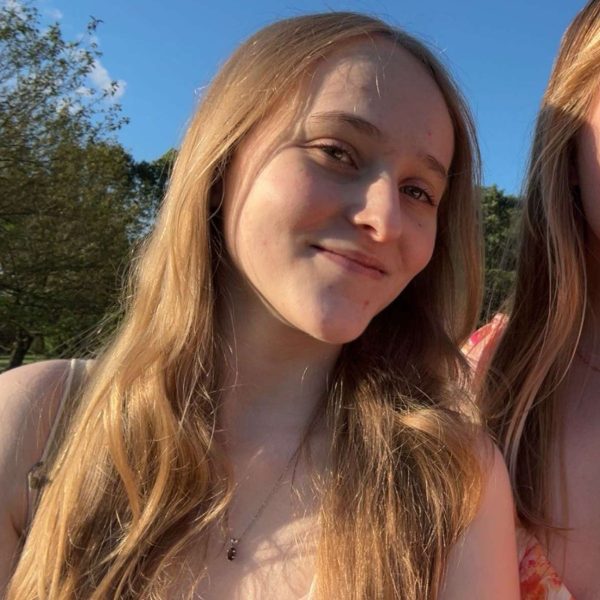
Charlotte Heads signed up for journalism with certain expectations. As a student who spent eighth grade online, she had minimal information about the class, believing that students would analyze articles, understand writing styles, and learn about the history of the news industry. She was pleasantly surprised to learn that students would write and create content for the Chronicle newspaper, and the welcoming students and teacher led her to stay in the class.
It was easy to see in my interview with Charlotte that she saw herself sticking with the Chronicle for the long run. She recounted the journalism teacher at the time telling the class about editor positions, and she recounted immediately asking, “What do we have to do to be one of those?”
Charlotte started serving the Chronicle as an arts and entertainment editor, and she stayed in that role until she became the editor-in-chief last year. It’s not the only place that she acts as a leader; in theater, she may be the stage manager or the head of tech. It requires long hours after school, building sets, and knowing the script almost as well as the actors. She plans on pursuing theater even more after graduation, where she’ll be attending Parkland College for theater on the design track. Then, she’ll transfer to the University of Illinois, where she’ll study lighting design or stage management.
Earning a reputation in the theater world largely depends on word of mouth, and when I mentioned this, Charlotte said simply, “It’s rough.” There are websites where creators can share their content, but it’s mostly for people in unions, not teenagers hoping to get their work out into the world. “Networking, especially in theater, is how you get shows and things to work on,” she said. It’s a skill that she feels she’s learned from the Chronicle because so much of her writing depends on having conversations with people that she may have never met before.
With so much time spent and lessons learned, it makes sense that Charlotte passes on some words of advice to the editors who remain. “It’s very easy to get in your own head and start critiquing your own work while you’re writing, but don’t do that, just write it!” she said. “But if you joined the Chronicle because you liked writing and that’s something valuable to you, you shouldn’t let that go completely because you’re editing now.” Write in your own style and voice, she adds, because as editors, their writing doesn’t have to be perfect. Ultimately, they’re still students who are still learning who they are, and even after she graduates, Charlotte will be doing that for years to come.
To the graduating seniors of the Chronicle, I wish you the best of luck as you go on to your various schools and establish new connections. Each of you has qualities that I wish I had when I was your age. I hope that your time with the Chronicle, however long it has been, has taught you important lessons that you’ll continue to use in the future. Thank you for acting as leaders in the class and club so that future editors may follow in your footsteps.
Next year’s editorial board includes Londyn Bryant as the arts and entertainment editor and Ella Flynn as the sports editor. Alice Bell, Sophie Nixon-Gasyna, and Bella Ondevilla stay on as our photography, features, and specials editors. Our editor-in-chief and managing editor, Adelaide Kota and Sky Englehardt, respectively, look forward to leading the Chronicle into another successful year in the fall.



